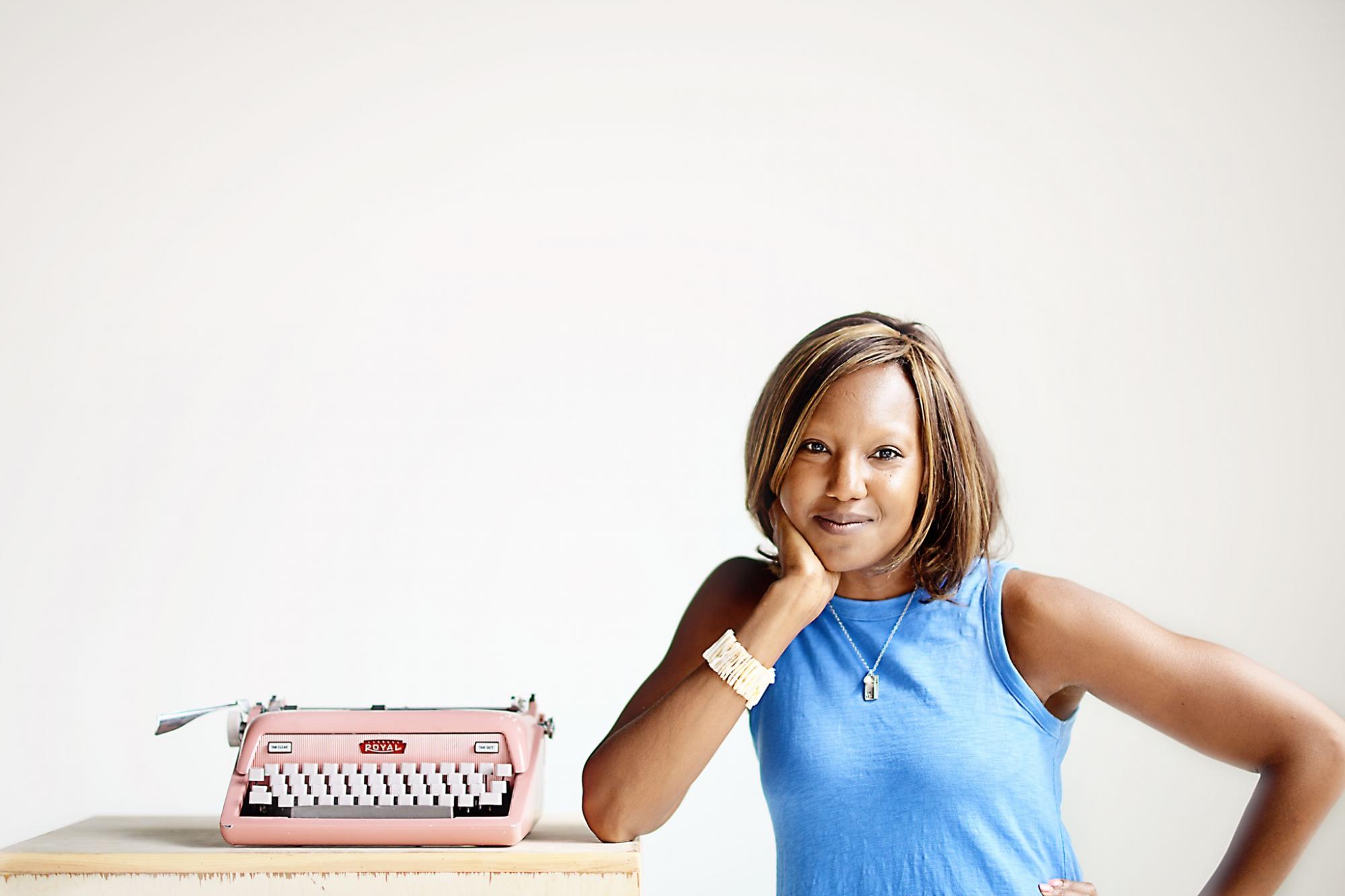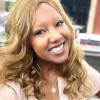Meet Teaching Artist Rachel Werner


Rachel Werner is faculty for Hugo House and The Loft Literary Center, a We Need Diverse Books program volunteer, and a book reviewer for Shelf Awareness. She has contributed print, photography and video content to Fabulous Wisconsin, BLK+GRN, BRAVA, Madison Magazine and Entrepreneurial Chef. She is also the founder of The Little BookProject WI, a community arts and nonprofit biannual collaboration. A passionate commitment to holistic wellness and sustainable agriculture keeps her a Midwestern girl at heart.
Find out more by following her on Twitter. Rachel's current classes are listed on her artist page.
***
When did you start teaching? What path—career or otherwise—brought you here?
I have been teaching branding, creative writing, and digital marketing classes (primarily for writers and other artists) since 2018. I spent four years on staff as an editor for a women's lifestyle magazine in Wisconsin, so that's what essentially put me on track to start teaching, which, in the beginning, was mainly social media workshops. I'm honored to have previously presented at the Highlights Foundation; the UW Writers' Institute; "Write to Publish," hosted by Ooligan Press at Portland State University; the Loft Literary Center's Wordsmith Conference; Hugo House; and virtual workshops hosted by San Diego Writers' Ink.
How would you describe your teaching style?
Connection. I prioritize one-on-one sessions with my students in every class that I teach. This allows us to not only get to know each other better but also for me to gain a fuller understanding of their short- and long-term professional writing goals—plus provide more personalized feedback on her/his/their work.
When it comes to imagining and creating classes, where do your ideas come from? What in particular inspires you?
The ongoing need for more representation in the publishing industry. By this, I mean the authors whose work gets published—in addition to the staff at these entities; those who get paid to write book reviews; etc. Yes, there is no question we need more "own voices" books in every genres. But we also need the publishing world to be more accessible and inclusive at every level.
What's the ideal environment for your classroom? What atmosphere are you hoping to establish?
Interactive, 100 percent! Creative process, background, and professional interests vary greatly from person to person. Thus having an educational environment in which each person's POV is valued can be immensely helpful to the group as a whole in terms of sparking new ideas for plots, character motivations, settings, and more.
Regardless of what your class is specifically focusing on, what's the main goal you have for your students?
To figure out the REAL story they want to tell—and whom SPECIFICALLY that narrative is for.
What are goals you have for yourself? These could be teaching goals, writing goals, career goals, community goals, etc.
Where as I have had individual articles, essays, recipes, and poems published in various publications and collections, I do not currently have a solo book published under my name. So that is currently one of my major goals, along with hopefully being able to eventually secure a 6-to-12-month artist residency or fellowship.
What have been some of your own favorite educational experiences?
I have been fortunate enough to take workshops and teach at the Highlights Foundation. They do an excellent job of providing a variety of courses related to different genres, often presented by diverse faculty. I really can't sing their praises enough!
To you personally, what is the most important part of the literary arts?
Part of the craft of storytelling is the writer giving themselves permission to notice what you notice . . . then noticing more. Good writing should also prompt the reader to do so as well.
Is there anything else you'd like to share?
‘Diverse’ and ‘authentic’ are mutually exclusive. To create narratives that will resonate with the intended audience, a firm grasp of this premise is crucial. Many authors, playwrights, and filmmakers, although making an increased effort to be more inclusive, are actually having an adverse affect—by widening the disparities a lack of representation in the arts has produced. Novice and seasoned writers alike can struggle to accurately construct a lens into the societal nuances, subtle hierarchies, and enduring traditions within a marginalized community. Whether writing from lived experience or attempting to generate a genuine depiction of another culture, these objectives need to thoroughly considered to ensure intersectionality becomes more the norm (rather than stereotypes).
